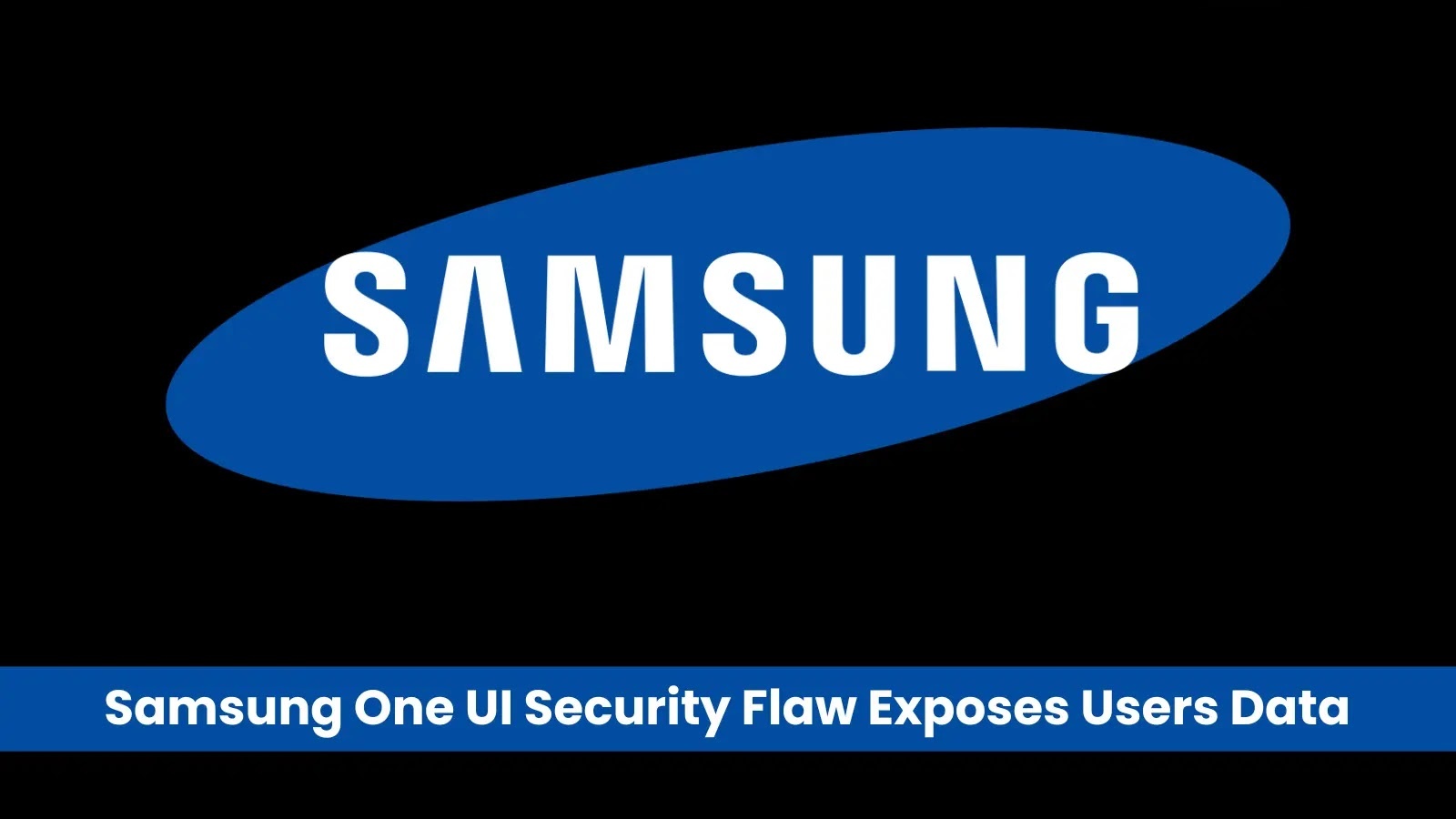A significant security vulnerability has been identified within Samsung’s One UI system, potentially compromising the sensitive information of millions of users. This flaw pertains to the clipboard functionality, which, as discovered by security researchers, stores all copied content—including passwords, banking details, and personal messages—in plain text indefinitely, without any automatic deletion mechanism.
Persistent Clipboard Data Storage
The clipboard feature is deeply embedded within Samsung’s One UI system architecture, maintaining a comprehensive history of all user-copied content, irrespective of the keyboard application in use. Notably, even when users opt for Google’s Gboard, which typically deletes clipboard content after an hour, Samsung’s system-level implementation overrides this security feature, resulting in indefinite storage of clipboard data.
In response to user concerns on community forums, a Samsung moderator acknowledged the issue, stating, There’s no built-in setting to auto-delete clipboard contents after a certain period, which can indeed pose a security risk. The company has indicated that feedback has been forwarded to the development team but has not provided a specific timeline for resolution.
Potential Security Risks
This vulnerability introduces multiple attack vectors. Unauthorized access to an unlocked device could allow individuals to view all previously copied sensitive information, including passwords. More alarmingly, malware such as StilachiRAT specifically targets clipboard data to steal credentials and financial information, exacerbating the risk posed by this flaw.
Technical Underpinnings of the Flaw
The root of this issue lies in Samsung’s implementation of the Android clipboard API. While standard Android provides security mechanisms through the ClipboardManager interface, Samsung’s One UI bypasses these protections. For instance, Android 12 introduced the ClipDescription.EXTRA_IS_SENSITIVE flag to enhance clipboard security. However, Samsung’s clipboard implementation disregards these security flags, maintaining all copied content in its persistent storage.
User Concerns and Community Feedback
The discovery of this flaw has led to significant concern among Samsung device owners. One user on the Samsung Community forums remarked, This is a serious security flaw that should be prioritized. Clipboard history storing sensitive data in plain text indefinitely is not just an inconvenience; it’s a vulnerability. Another user emphasized the impact on purchasing decisions, stating, As a loyal Samsung user, privacy concerns will strongly affect my purchasing decision. Especially with the current environment, privacy is PARAMOUNT.
Recommendations and Interim Solutions
Until Samsung addresses this issue, security professionals recommend the following measures:
– Manual Clearing of Clipboard History: After copying sensitive information, users should manually clear their clipboard history to prevent unauthorized access.
– Utilization of Password Managers: Employing password managers with autofill functionality can reduce the need for copy-paste operations, thereby minimizing exposure.
– Third-Party Keyboard Applications: Installing third-party keyboards like SwiftKey, which automatically clear clipboard contents after a specified period, can offer an additional layer of security. However, it’s important to note that Samsung’s system-level storage may still retain the information.
Broader Implications and Historical Context
This security flaw has reportedly been known for years, with users across platforms such as Reddit, XDA, and Samsung forums raising concerns without substantive resolution. The persistence of this issue underscores the need for prompt action from Samsung to safeguard user data and maintain trust.
Conclusion
The identified vulnerability within Samsung’s One UI clipboard functionality presents a significant risk to user privacy and data security. While the company has acknowledged the issue, a definitive solution has yet to be implemented. In the interim, users are advised to adopt the recommended measures to mitigate potential risks. The situation highlights the critical importance of robust security practices and the need for continuous vigilance in the rapidly evolving digital landscape.


